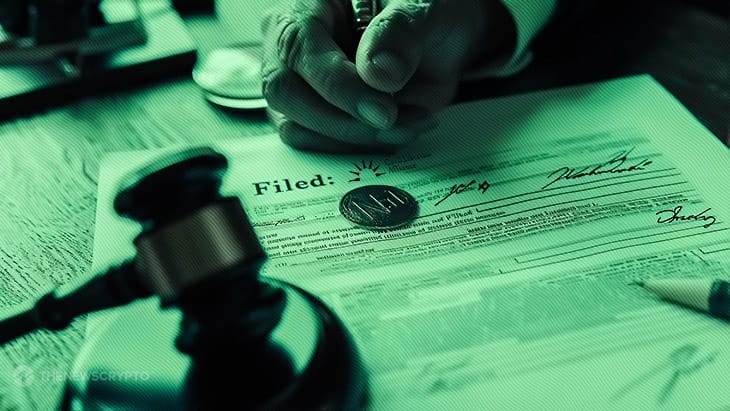- The National Center for Public Policy Research and investors are represented in this lawsuit.
- Another allegation is that the SEC’s conduct runs counter to the Administrative Procedure Act.
On April 16, 2024, a lawsuit was filed against the United States Securities and Exchange Commission (SEC) in relation to the Consolidated Audit Trail (CAT), a system that was put in place to collect comprehensive transaction data from U.S. exchanges.
The National Center for Public Policy Research and investors are represented in this lawsuit filed by the New Civil Liberties Alliance (NCLA) challenging the legality of CAT. The case claims that CAT violates many federal statutes and amendments.
Data Security Concern
Furthermore, the plaintiffs contend that the SEC’s establishment of the CAT without specific congressional permission constitutes an overreach of its regulatory jurisdiction. The need to maintain massive amounts of personal financial data for an extended period of time has led some to claim that this database, which aims to document all U.S. stock and options transactions, violates privacy rights.
Moreover, plaintiffs contend that the acts in question violate their rights to free expression, due process, and protection against unreasonable searches and seizures under the First, Fourth, and Fifth Amendments, respectively.
Another allegation in the lawsuit is that the SEC’s conduct runs counter to the Administrative Procedure Act (APA), the statute that governs how the federal government writes and publishes rules. Furthermore, the CAT is seen to be a big data security concern since it may cause private financial information to be exposed to cybercriminals.
Many others, like SEC Commissioner Hester Peirce, think that CAT is just another example of excessive government monitoring. They point to instances where the government might utilize GPS to monitor people’s purchases or where they travel without any kind of supervision or probable cause.
Highlighted Crypto News Today:
USDC Issuer Circle Successfully Completes SOC 2 Type 2 Audit








